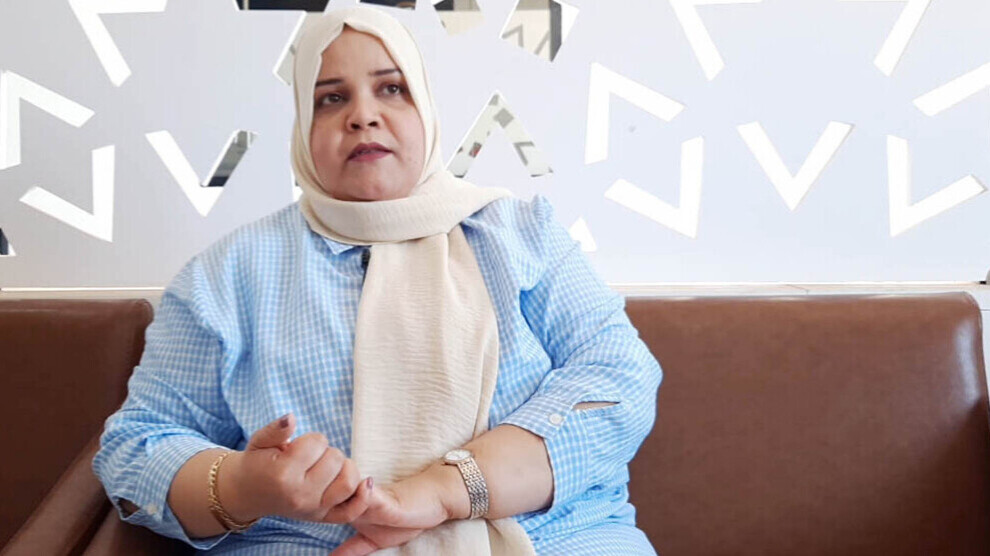“The Libyan Penal Code does not protect children”
Stating that the laws in Libya do not protect children, lawyer Fariha Al-Jilani says that in order to protect children, the Child Protection Law should be amended and awareness-raising activities about the laws are essential.

İBTİSAM AXFİR
Benghazi- The chaos, political division and injustice in Libya cause children to have a difficult life and to be subjected to various forms of violence. Despite that, the laws protecting children are not implemented in the country. Lawyer and human rights defender Fariha Al-Jilani said that there are two laws that are supposed to provide protection for the children; Law No. 17of 1992 on the Affairs of Minors and the Like and Law No. 10 of 1984 on marriage and divorce. Stating that the protection provided by the Penal Code for children is a shame protection, she said that family ties in Libyan society prevent the implementation of the laws protecting children.
Speaking about the Libyan Law No. 5 of 1997 on Childhood Protection, Fariha Al-Jilani said, “This law needs many amendments and additions although it contains some provisions that require subsequent regulations issued by decisions to explain its contents so that protection is provided in accordance with the UN Convention on the Rights of the Child. However, we take the parts that agree with us as a Libyan Muslim society, and we reserve the rest of the provisions that we see may violate the Sharia. This law has a good feature that guarantees the protection of orphans or children born of unknown parents.”
“The child is part of the family”
Fariha Al-Jilani also talked about children’s right to education. “The law includes the right of healthy children and children with special needs to education. Providing free education to children is insufficient, children need a space to talk and listen to, and a culture that develops their self-confidence. The child is part of the family. The family is the nucleus of society.”
“Awareness-raising activities are essential”
Noting the importance of implementation of the law, Fariha Al-Jilani said, “The law prohibits child labor except when in training and with their consent; however, there are many working children in Libya.” Speaking about the details of the law on what kind of punishments a person who abducts, sexually assaults or kills a child will be punished for committing these crimes, Fariha Al-Jilani said that Libyan society needs awareness-raising activities about the law. “Awareness-raising activities are essential,” she added.
